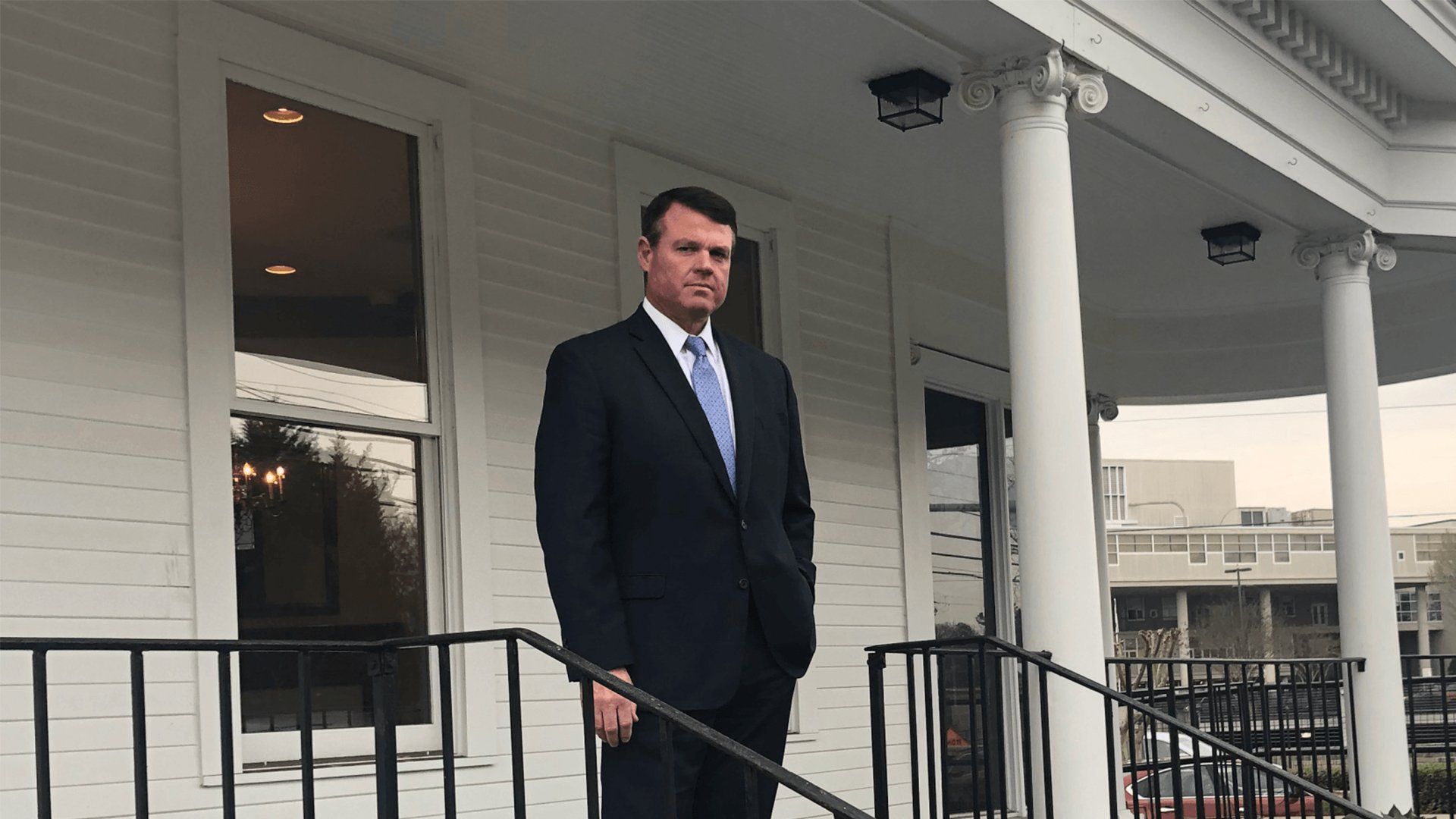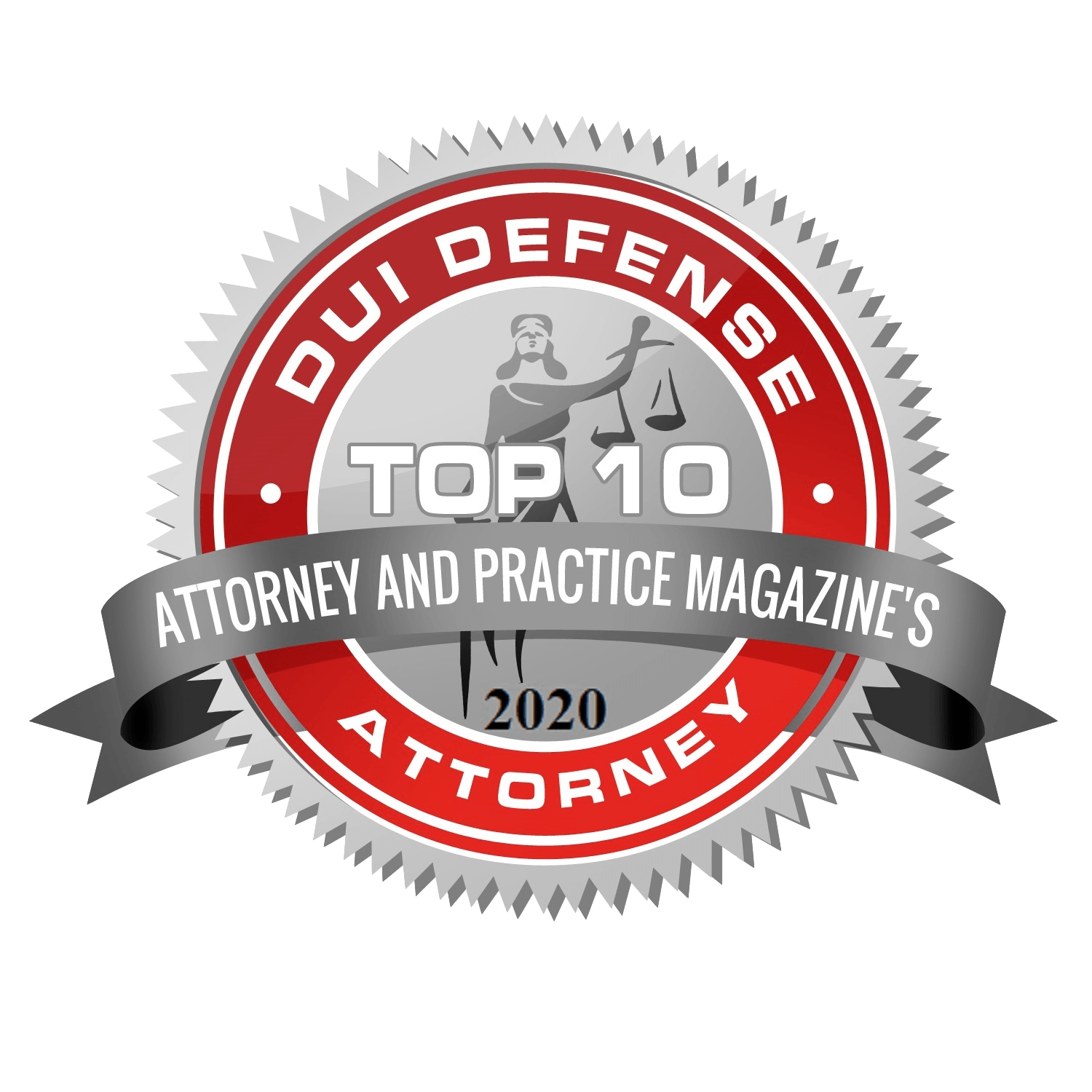Blog
Jonathon Taylor and the Presumption of Innocence
Jonathon Taylor’s second arrest for domestic violence made headline news over the last several days, sparking a public outcry that questioned Alabama’s decision to give Taylor a second chance and even criticized Taylor’s continued freedom. The controversy over Taylor sparks an interesting question: In light of mass media coverage of crime, particularly crime that arouses public sentiment or involves celebrities or sports figures, does the presumption of innocence still exist in America?
When approached by the media about Jonathon Taylor’s arrest in Alabama, I expressed my concerns about the new allegations and fervently hoped that a thorough investigation be conducted prior to any action being taken against Jon. The rationale behind my concerns was twenty-two years of experience in defense work during which I have seen a repeated trend of false accusations in high-profile cases involving athletes, politicians, or celebrities. Because any criminal allegations made against a well-known person are so widely publicized, they are particularly vulnerable to secondary allegations made by individuals trying to leverage the circumstances.
On the Monday after Jon was arrested in Alabama, the female who made the allegations in Tuscaloosa recanted her accusation stating that she had lied about the incident. She told the police that she was angry because Jon had been unfaithful to her, and she was hurt that their relationship was not as exclusive as she wanted it to be. She was consequently arrested for making false statements to the police.
I have heard advocates claim that people do not make false accusations of violent or sexual crime. I wish this were true, but my experience has led me to the perhaps unpopular but still verifiable opinion that it is not. I once represented an eighteen year old boy who spent thirteen months in jail (prior to his parents retaining my services) for rape. After his parents retained me, I sent my female investigator out to interview the alleged victim. The girl told my investigator after just minutes of chatting that the boy had not in fact raped her. They had dated for a while, and when he broke up with her, after repeatedly being unfaithful to her with other girls, she could not bear the thought of him being with someone else. The young man in question had a lot to learn about morality, about how a good man should treat a woman, but he was not a criminal. This is not just one exception to the rule, rather it is one of many cases of this nature that I have witnessed during my time as a lawyer. False allegations do happen, a truth that our founding fathers must have anticipated when they included the presumption of innocence in the list of rights that we as citizens of the United States of America are afforded.
I am a defense attorney, but I am also a husband and a father, and when I read a newspaper article or watch a headline report depicting, often in gruesome detail, crimes against women and children, I am seared, inflamed by the seemingly casual disregard for the sanctity of human life displayed by the perpetrators of these acts. I am the father of daughters, and my worst fear is that someone might harm my girls, steal their innocence, their irreplaceable life. I am also the father of a son, and I have identical worries for him, but because of my experiences as a defense attorney, I have this additional fear for my son: that he might be wrongly accused, falsely defamed, ruined because of a crime he did not commit.
In my time as a defense attorney, I have seen a wide spectrum of human behavior, and perhaps the lesson I have learned best, internalized, is the power of a lie. When we hear charges of domestic violence, assault, rape, molestation, murder, our anger is rightfully roused. We want immediate action, justice. The problem is that these two terms are too often incongruent. Justice is not, as the cliché would indicate, swift. Justice takes time— a thorough investigation and an objective examination of the facts.
Jonathon Taylor has been charged with domestic violence in Athens and now Tuscaloosa, Alabama. The alleged victim in Alabama has recanted her accusation and consequently been charged with a crime herself. The investigation in the Athens case is ongoing. Neither case has gone to trial. However, since Jon’s initial arrest, he has, without due process, been dismissed from the University of Georgia’s football team, suspended from the University of Georgia, dismissed from the University of Alabama’s football team and expelled from the University of Alabama. Regardless of the ultimate outcome of Jon’s case, it would seem, based on these facts, that far from being presumed innocent as the constitution demands, Jon has in fact been presumed guilty from the time of his initial arrest.
Leave a Comment
Contact Stephens & Brown Today
We will get back to you as soon as possible.
Please try again later.













